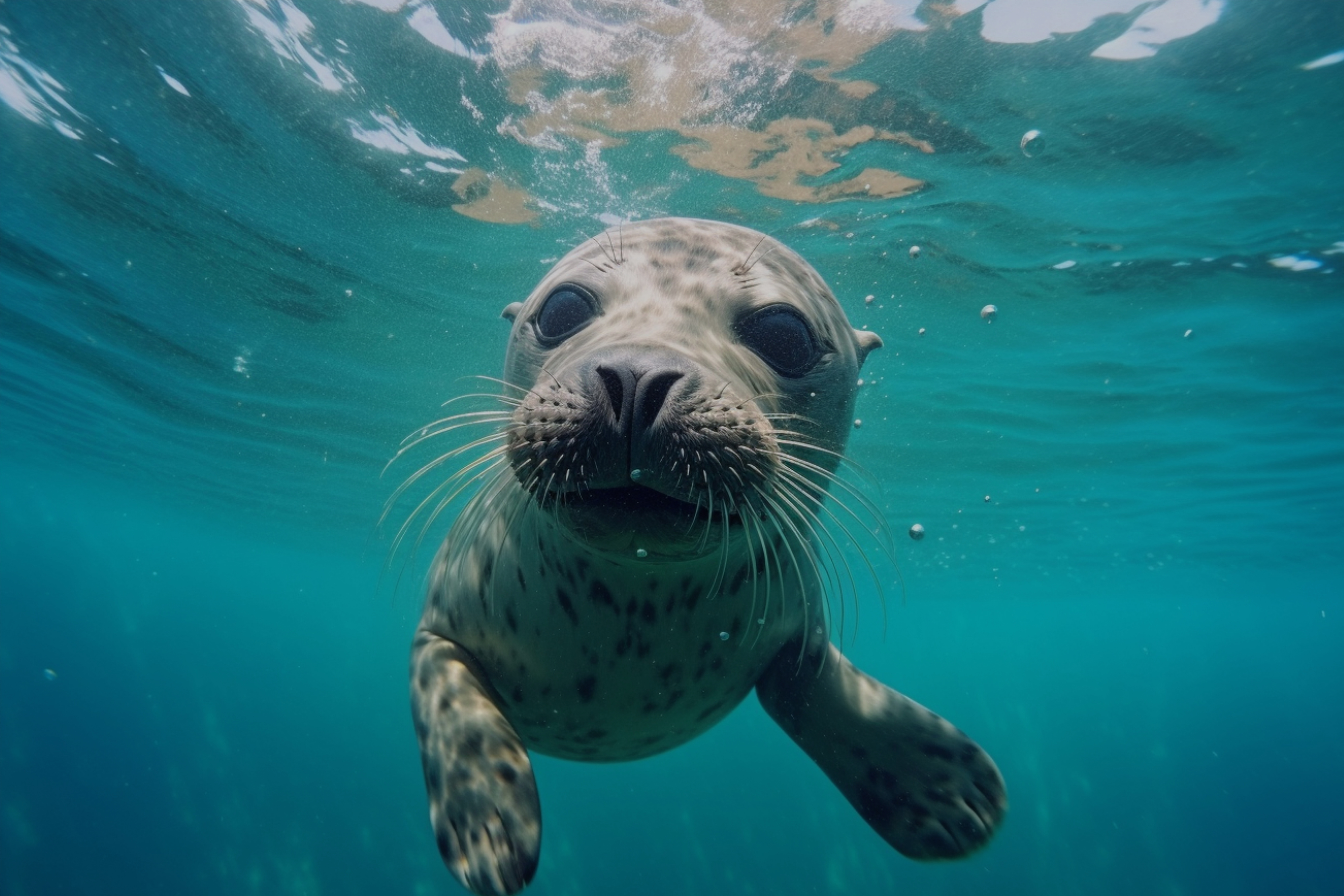
The task before us is huge. The solutions to it are complex, and balancing policies for immediate term needs (power, food, amenities) with longer term threats (flooding, famine, extinction) can feel impossible.
We must;
-
Stop and slow emissions wherever possible, whilst rebuilding our entire global supply chain without fossil fuels.
-
Remove up to 10 billion tonnes of CO2 and equivalents from the atmosphere each year to make up for the CO2 we have already added, and for the emissions that will be hardest to stop.
-
Stop and reverse biodiversity loss, stopping pollution and rehabilitating ecosystems wherever possible.
Frustratingly, we already have the vast majority of the tools that we need. The seeming lack of progress stems from multiple places; lack of infrastructure; lack of funding; lack of understanding; lack of alignment about the best path forward.
It feels like we are watching Rome burn, but we can’t figure out how to attach the hosepipe.
On one hand we’re seeing technological advancements in solar, wind, and batteries which will enable deep reductions in emissions. Policy makers are passing laws to protect and revitalise nature, enforce emission publication and crack down on greenwashing claims.
But there are also reasons to feel like progress has stalled. Novel systems that are integral to net zero goals such as bio fuels and packaging, clean hydrogen and alternative proteins are being developed; but arguably too slowly for their impact to be felt. A great many climate efforts and pledges are being rolled back, delayed or kiboshed. Electric vehicle targets have been rescinded in the UK, EV plans abandoned by Ford and Toyota, and hundreds of corporate net zero targets removed from the Science-Based Targets initiative (SBTi) because they haven’t been able to meet them.
So how do we attach the hosepipe?
Data. That’s the first step. There’s no denying that we need to embark on a journey into a brave new world if we’re going to survive this crisis. When it comes to anything totally new, or novel in the world of tech there’s a crucial first step even before planning and prototyping. We need to properly understand the problem. Nothing illustrates this better than the current mess of the carbon credit market which has been told to ‘ reform or go out of business’, due to questions over the genuine environmental impact of offsets.
The global community has made progress here. Since 2016 there’s been extensive data gathering and categorising of emissions to ensure greater transparency. The complex and arduous work of tracking, documenting and understanding what it means to emit carbon, how to categorise those emissions (scope 1, 2 and 3), and account for them has made tremendous progress.
The removal of so many organisations from the SBTi is testament to the increased understanding of what needs to happen, how we measure it, and the importance of that being verified.
Similarly, the carbon removal process is heavily under fire, having been subject to the same scrutiny as offsets. The industry that needs to be rebuilt from the voluntary carbon market, will need to prove unequivocally that it has real world and worthwhile carbon removal outcomes.
Finally, the same exercise needs repeating for biodiversity data gathering and loss. Starting with baseline data, tracking changes over time, identifying the best areas on which to focus, and monitoring the success of any initiatives over time.
Observe. Assess. Respond. Repeat ∞
At SeaGen, we build the technology to get the right data and then take the right actions in our planet’s largest spaces - our oceans, rivers and lakes. There is enormous potential for carbon removal, biodiversity improvements, sustainable base materials and sustainable food systems in these spaces. But no measures can be taken without first understanding, and then taking informed action in these areas.
There is no future without healthy water spaces. We believe that oceans and freshwater spaces hold the key to an abundant and sustainable future for all life on earth. We believe that technology (data, robotics, automation) working with nature (seaweed, shellfish) is the key to massive scale decarbonisation, carbon removal and a healthy, sustainable world teeming with life.
This is what we do. We gather and use data to observe, assess and respond.
SeaGen. Blue tech for a blue planet.